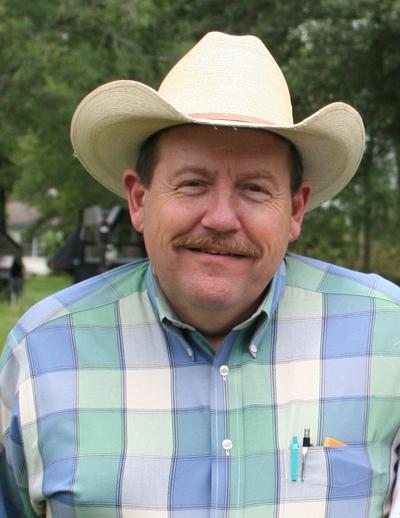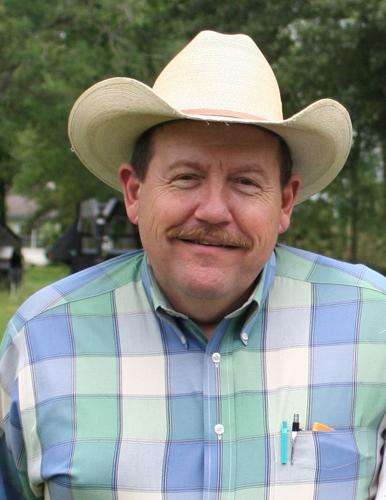The average cattle herd in Texas might have a pregnancy rate in the ballpark of 75%. But Dr. Joe Paschal says it's possible to boost that number by keeping your cattle well-fed and healthy.
"In some herds that are doing a really good job, in terms of controlling disease, maintaining body conditions, they're maybe in the upper 80s," Paschal said. "I've seen some herds that are 90, 91% — there's not a lot of tweaking they can do."
At this year's South Texas Farm and Ranch Show, Paschal, a longtime livestock specialist at Texas A&M AgriLife Extension, plans to discuss seven management practices that can boost pregnancy rates and help earn ranchers a better bang for their buck.
Those include maintaining good nutrition, conducting breeding soundness exams in bulls, determining pregnancy in bred cows and vaccinating your cattle.
When it comes to nutrition, the benefits are numerous, Paschal said. Cows that eat well tend to get bred earlier in the breeding season, calve earlier and easier and produce better milk, and their calves will maintain higher weights when they are sold off the following fall.
Improved body conditions alone might boost a herd's pregnancy rate by 10%, Paschal said.
Breeding soundness examinations, which entail a tip-to-tail inspection of a herd's bulls, can help ensure a successful breeding season. And pregnancy testing, which includes rectal palpation, ultrasounds and even blood testing, can help determine whether cows are bred within 28 to 35 days, which allows ranchers to cull unbred cows quickly.
"They're money wasters," Paschal said of unbred, untested cows. "It costs about $600 a year to run a cow. Why are we spending $2 a day on a cow that's not going to pay us back?"
Finally, vaccinations can protect cattle from livestock diseases such as trichomoniasis, brucellosis and leptospirosis.
Seeking out the advice of a livestock veterinarian, many of whom can provide advice on vaccines for free, is highly recommended, Paschal said.
"It all comes full circle," he said.





